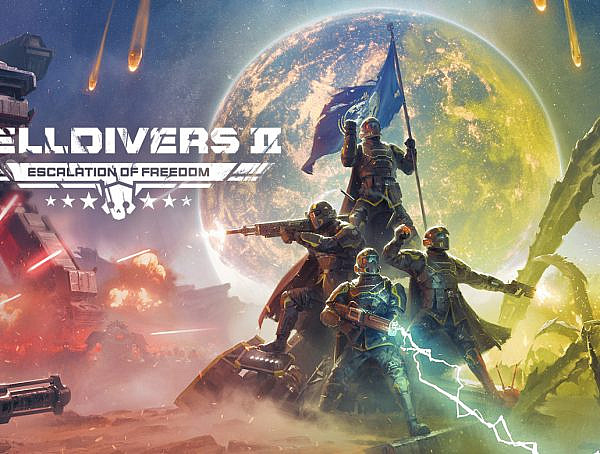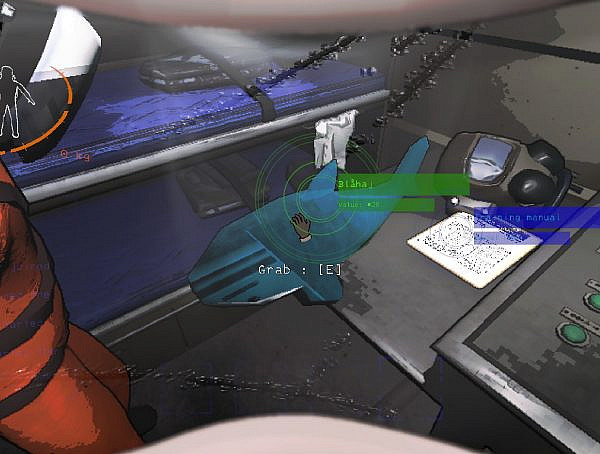Game modding can influence several aspects about games, such as graphics, the storyline or the performance of a game. In the abstract of their paper “The ethical dilemma of modding digital games: A literature review of the creation and distribution of mods”, Reisinho, Raposo and Zagalo define mod culture or modding as a “way to adapt digital games to the needs of their players”. Turns out, this topic is divisive, and game companies don’t have one specific way of action when it comes to mods. The research paper illustrates the complex interplay between creativity, community and financial interests of the game companies.
One key insight from the study is how mods play a huge part in revitalizing and transforming games, even those that are considered obsolete. The mods can work as an expansion to pre-existing quests, mechanics or characters, thus prolonging the life cycle of games. Mods come in different shapes; some only alter the graphics and performance, while some allow players to explore queer relationships in the existing game. By addressing neglected portrayals of underrepresented groups, mods help with fostering a more inclusive gaming landscape.
Although most mods are argued to be socially acceptable and beneficial to games, some foster harmful ideologies, thus tarnishing the reputation of modders. The paper highlights examples like mods from Prison Architect that glorify Nazi ideologies, raising concerns about the societal and psychological impacts of mods like them. These cases underscore the need for a standardized regulatory framework that balances creative freedom with ethical responsibilities.
The duality of the industry’s response to modding is emphasised in the study. While platforms like Steam and Blizzard encourage the collaborative perspective, Ubisoft has adopted a more restrictive stand reflecting concerns about intellectual property. The legal landscape is still inconsistent according to the researchers. The paper discusses proposed models for reform, but it remains to be seen whether the game industry inherits the possible models.
It was also mentioned in the article how DLCs, or downloadable content, didn’t have this same positive impact. Additionally, the existence of a modding community can be a deciding factor for some buyers when deciding whether or not to buy a game. This highlights how big of a part this collaborative work from the community plays in the industry. Not all games get modded though: while shorter, closed-world games aren’t found necessary to mod due to their stories being more linear, it is common to see open-world RPGs, or role-playing games, get modded. The mods in larger scale games don’t completely change the story of the game but are often seen as complementing factors to the story.
The researchers acquired their results through a systematic literature review. This review included 15 studies from different fields to get a comprehensive insight into how the mods really impact the overall gaming experience, as well as how gamers and game developers perceive the motivations of modders. The authors explain that while mods enrich gaming communities and can extend the relevance of games, mods also bring significant ethical and legal dilemmas with them. They add that future efforts must focus on creating frameworks that support this creativity from the community, while addressing potential harms.
Reisinho, P., Raposo, R. & Zagalo, N. (2023). The ethical dilemma of modding digital games: A literature review of the creation and distribution of mods. In Convergence: The International Journal of Research into New Media Technologies, 30(2), 860-881. https://doi.org/10.1177/13548565231223933
Featured image from Unsplash, retrieved on 4.12.2024. https://unsplash.com/photos/black-laptop-computer-beside-controller-on-brown-wooden-surface-XC3fq-ffXRI
If you hear someone raving about a game’s graphics or audio design, there’s a good chance it’s me. I’m a third-year media studies student with a passion for story-driven games, eSports, and all things FPS.
You might also like
More from Game Research Highlights
How do you want to do this? – A look into the therapeutic uses of role-playing games
Can playing RPGs contribute positively to your wellbeing? A recent study aims to find out how RPGs are being used …
Eldritch horrors and tentacles – Defining what “Lovecraftian” is in games
H.P. Lovecrafts legacy lives today in the shared world of Cthulhu Mythos and its iconic monsters. Prema Arasu defines the …
Are Souls Games the Contemporary Myths?
Dom Ford’s Approaching FromSoftware’s Souls Games as Myth reveals the Souls series as a modern mythology where gods fall, desires …















